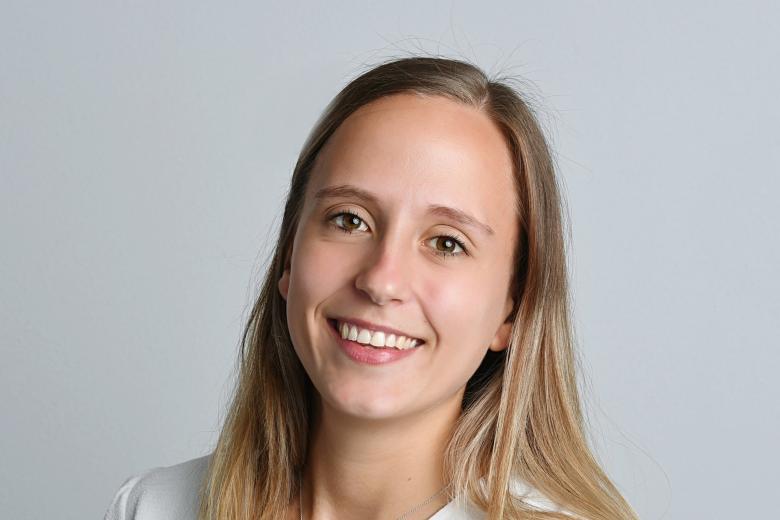Dutch Universities and SAGE reach agreement on open access
(press release VSNU)
The Dutch universities and SAGE have established an agreement on the much-needed transition to open access (OA). This unique agreement supports researchers by enabling them to publish OA in all SAGE-owned academic journals, ensuring high-quality peer-reviewed OA publishing is a more accessible option for researchers within the Netherlands. The costs of publishing in OA format for researchers is partly at a discounted rate and partly a prepaid service by universities without any extra costs for researchers. The agreement with SAGE has been made on a budget neutral basis for universities.
The Dutch universities jointly negotiate subscription fees with individual academic journal publishers, as part of the so-called 'Big Deal' negotiations. The universities are only prepared to renew the agreements on subscriptions if the publishers take steps towards open access. The negotiations with SAGE prove that these steps can be taken. SAGE, a leading global independent academic publisher of journals, books and products, has been an active publisher supporting OA for many years. It has done so with a growing suite of OA journals across a broad range of research fields encompassing business, humanities, social sciences, technology, and medicine.
Koen Becking, president of Tilburg University and chief negotiator on behalf of the Association of Universities in the Netherlands (VSNU) commented: ‘Once more this two-year agreement marks a key step towards open access in the Netherlands. It has been reached on a budget neutral basis, at a time when the number of open access publications are expected to rise.’
Speaking from SAGE, David Ross, Executive Publisher Open Access , further remarked: ‘This partnership enables us to better support researchers in the Netherlands and ensure that they are able to publish their research Open Access, while maintaining the very highest standards of peer review, copy editing, typesetting, and electronic dissemination you would expect of SAGE as leading publisher.’
Open access improves access to science
The Dutch universities and the Dutch government are very much in favour of OA. OA publications are easier to find, more frequently quoted and reach a larger audience – benefiting not only science, but society and the economy at large. According to targets set by State Secretary Dekker for Education, Culture and Science, five and ten years from now 60% and 100% of all Dutch academic publications, respectively, should be OA publications. A great deal of academic research is funded by public means. The Dutch universities aim to prevent a situation in which users ultimately have to pay twice for consulting OA publications.
Also read
-
Why some people hesitate to vaccinate and how healthcare can address this
Doubts about vaccination continue to be a significant challenge for global public health. The World Health Organisation (WHO) has listed vaccine hesitancy as one of the top ten threats to global health. But what exactly is vaccine hesitancy and how does it impact our society? How can we address it...
-
New technique measures live activity of gut bacteria
Professor Ellen Blaak, PhD Gilian Larik and research team are tracking in MRUM fermentation chambers, how gut bacteria respond to food.
-
GROW research: all-in-one test for genetic defects in embryos🧪
Researchers at Maastricht UMC+ and GROW have developed a technique that can analyse the entire genome in a single test, allowing for faster determination of embryos suitable for successful pregnancy.